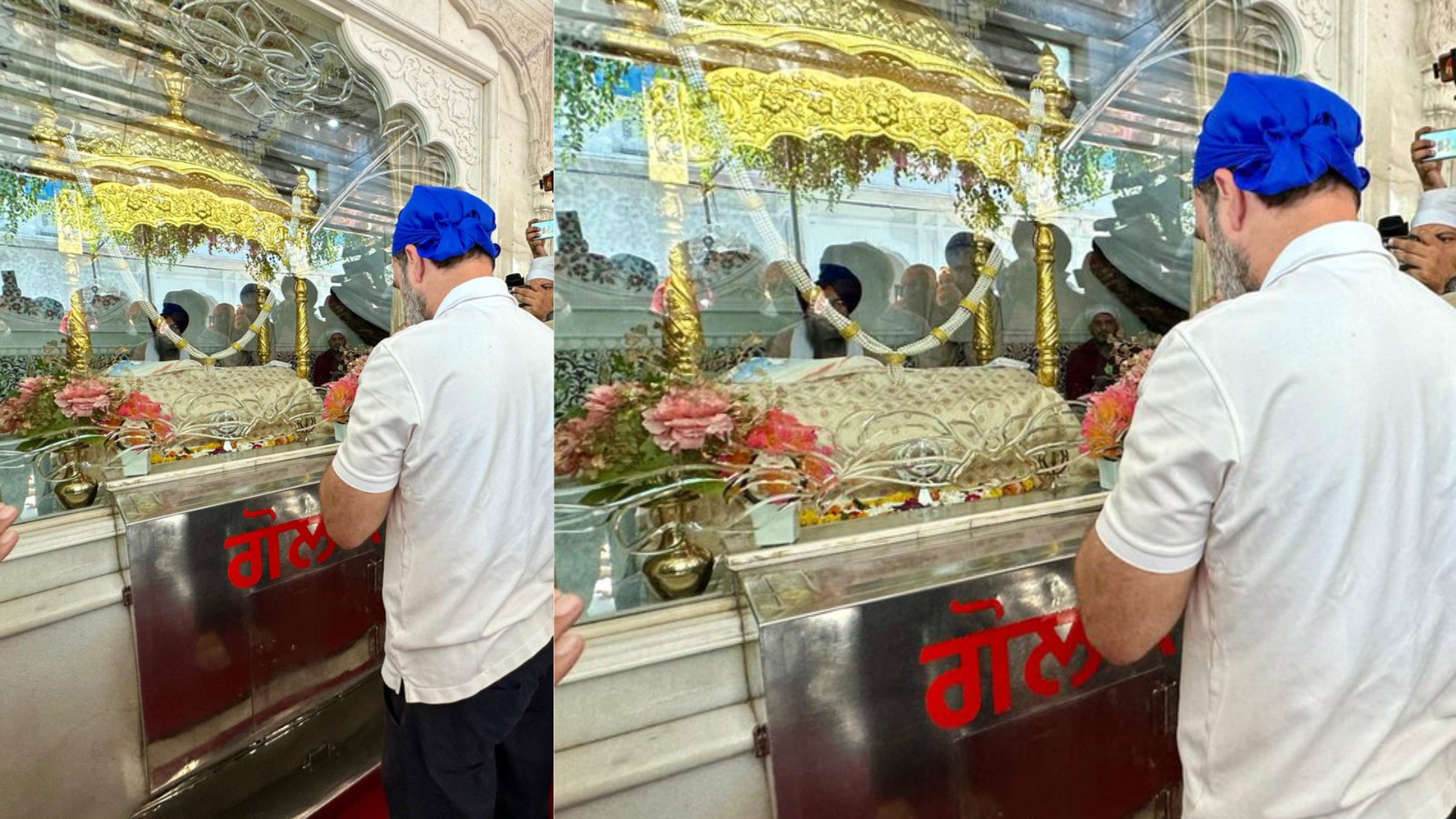For senior citizens in India, financial security and a steady stream of income are paramount concerns. Fixed Deposit (FD) schemes offered by banks and Non-banking Financial Institutions (NBFCs) have traditionally been a favoured investment option due to their low risk and guaranteed returns.
These schemes allow senior citizens to invest a lump sum for a predetermined tenor, earning a fixed interest rate on the invested amount.
Comparative Analysis of FD Interest Rates for Senior Citizens
It’s important to note that FD interest rates can vary depending on the bank, NBFC, chosen tenor, and prevailing market conditions. Here’s a comparison of the interest rates offered by some FD issuers as of April 5, 2024 (please note these rates are subject to change):
| Bank/NBFC | Senior Citizen FD Interest Rate (%) | Tenor |
| YES BANK | 8.25 | 7 days – 10 years |
| AU Small Finance Bank | 8.50 | 7 days – 10 years |
| RBL Bank | 8.60 | 7 days – 10 years |
| Kotak Mahindra Bank | 7.90 | 7 days – 10 years |
| ICICI Bank | 7.75 | 7 days – 10 years |
| HDFC Bank | 7.75 | 7 days – 10 years |
| PNB Housing Finance | 8.15 | 1 year – 10 years |
| Bajaj Finance (NBFC) | 8.85 | 1 year – 5 years |
| Mahindra Finance (NBFC) | 8.30 | 1 year – 5 years |
| Shriram Finance (NBFC) | 9.10 | 1 year – 5 years |
Why FDs Appeal to Senior Citizens
- Guaranteed Returns
Unlike market-linked investments that fluctuate based on market performance, FDs offer a predetermined interest rate, providing peace of mind and a predictable source of income. This guaranteed return is particularly valuable for senior citizens seeking stability and protection against market volatility.
- Flexibility in Tenor
FDs provide various tenor options, spanning from a few days to several years. This allows senior citizens to choose a tenor that aligns with their specific financial needs and goals. For instance, a short-term FD can be suitable for parking emergency funds, while a long-term FD can be used to accumulate funds for a specific future expense.
- Liquidity
While FDs lock your money for the chosen tenor, many banks and NBFCs offer premature withdrawal options, albeit with a penalty on the interest earned. This liquidity feature provides some flexibility in case of unforeseen circumstances.
- Tax Benefits
Interest earned on FDs is taxed based on the investor’s applicable income tax slab. However, some banks offer tax-saving FDs that allow for tax deductions under Section 80C of the Income Tax Act, 1961.
Important Considerations When Comparing Rates
- Minimum Deposit Amount
Some issuers might have minimum deposit requirements for availing senior citizen FD rates. Consider this factor when comparing options.
- Premature Withdrawal Penalty
The penalty for premature withdrawal varies across institutions. Choose an FD with a lower penalty structure if liquidity is a potential concern.
- Additional Benefits
Certain issuers might offer additional benefits with their senior citizen FDs, such as free accidental death insurance or higher withdrawal limits. Consider these additional features when making a final decision.
Additional Considerations for Senior Citizen FD
While interest rates play a significant role, other factors deserve consideration when choosing an FD scheme:
- Credibility of the Institution
Opt for FDs offered by reputable banks or NBFCs with a strong track record of financial stability.
- Customer Service
Consider the bank’s or NBFC’s customer service reputation and accessibility of branches, especially if you require in-person assistance.
- Online Banking Facilities
The availability of online banking facilities can make managing your FD account and accessing information more convenient.
Maximising Returns on Your FD Investment
Here are some strategies to maximise returns on your FD investment:
- Ladder Your FDs
Invest in FDs with staggered tenors. This allows you to benefit from potentially higher interest rates offered for longer tenor while maintaining some liquidity with shorter-term FDs.
- Invest in Reputable NBFCs
Some NBFCs might offer higher interest rates compared to traditional banks. However, thoroughly research the NBFC’s credibility before investing.
- Consider Tax Implications
Remember, interest earned on FDs is taxable. If you fall under a higher tax bracket, exploring tax-saving FD schemes or strategically reinvesting interest earned to minimise your tax burden can be beneficial.
- Maintain an Emergency Fund
While FDs offer some degree of liquidity, senior citizens should maintain a separate emergency fund in a readily accessible savings account or liquid fund. This readily available buffer can address unforeseen medical needs or unexpected expenses without having to break your FD and incur a penalty.
By staying informed, consulting with a financial advisor if needed, and carefully considering the factors mentioned above, senior citizens can make wise investment decisions with FDs. They can also utilise a fixed deposit rates calculator to determine their interest earnings.


















